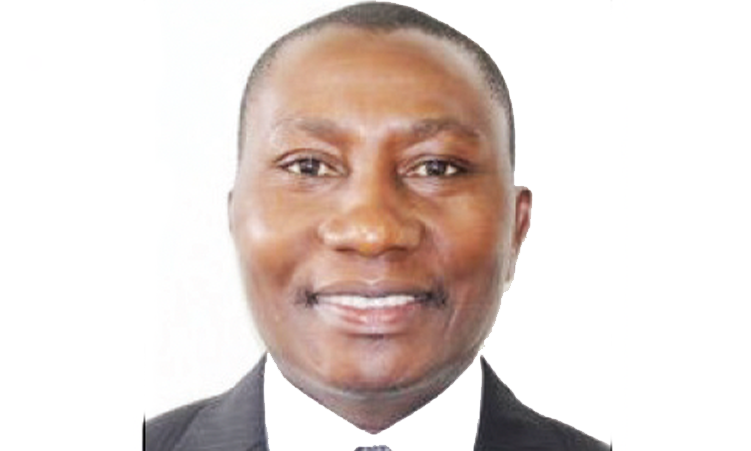Sanitary and phytosanitary (SPS) measures in Africa should be strengthened to ensure food safety and facilitate trade.
This was said by a senior African Union (AU) official at a workshop on food safety measures in Lusaka, Zambia, yesterday.
While there have been improvements in implementing science-based SPS standards across Africa, there are still many problems to solve, Godfrey Bahingwa, who works for the African Union’s Department of Agriculture, said.
A speech was read on his behalf by his colleague, Chiluba Mwape, who said food safety challenges include limited resources, weak institutional frameworks and insufficient infrastructure.
These challenges, he said, continue to derail the continent’s efforts to meet international standards and respond to SPS-related emerging and re-emerging threats to human, animal and plant health, as well as the environment at large.
“We must make data-driven and evidence-based decision-making a core agenda in strengthening SPS governance in Africa. We must also strengthen our surveillance and monitoring systems, continue to share information on emerging SPS issues and engage in research and development of new technologies ..,” Bahingwa said.
He said the communication strategy for the SPS Programme for Africa should outline clear guidelines and approaches for communicating key messages.
Giving a presentation on what Zambia has done to implement SPS measures, Martin Siazemo from the Zambian ministry of agriculture said the country’s ministry of commerce, trade and industry has put in place measures to ensure plant health, food safety and animal health.
He said in Zambia, SPS stakeholders include exporters, importers, a coffee board, a cotton board and producers.
Some of the challenges facing the country in implementing SPS measurers, he said, are an inactive national SPS committee, which limits collaboration, cooperation and communication among stakeholders, outdated legislation and stringent requirement for some products by certain markets.
The workshop, which ends tomorrow, is attended by representatives from several stakeholder groups.
Stay informed with The Namibian – your source for credible journalism. Get in-depth reporting and opinions for
only N$85 a month. Invest in journalism, invest in democracy –
Subscribe Now!






